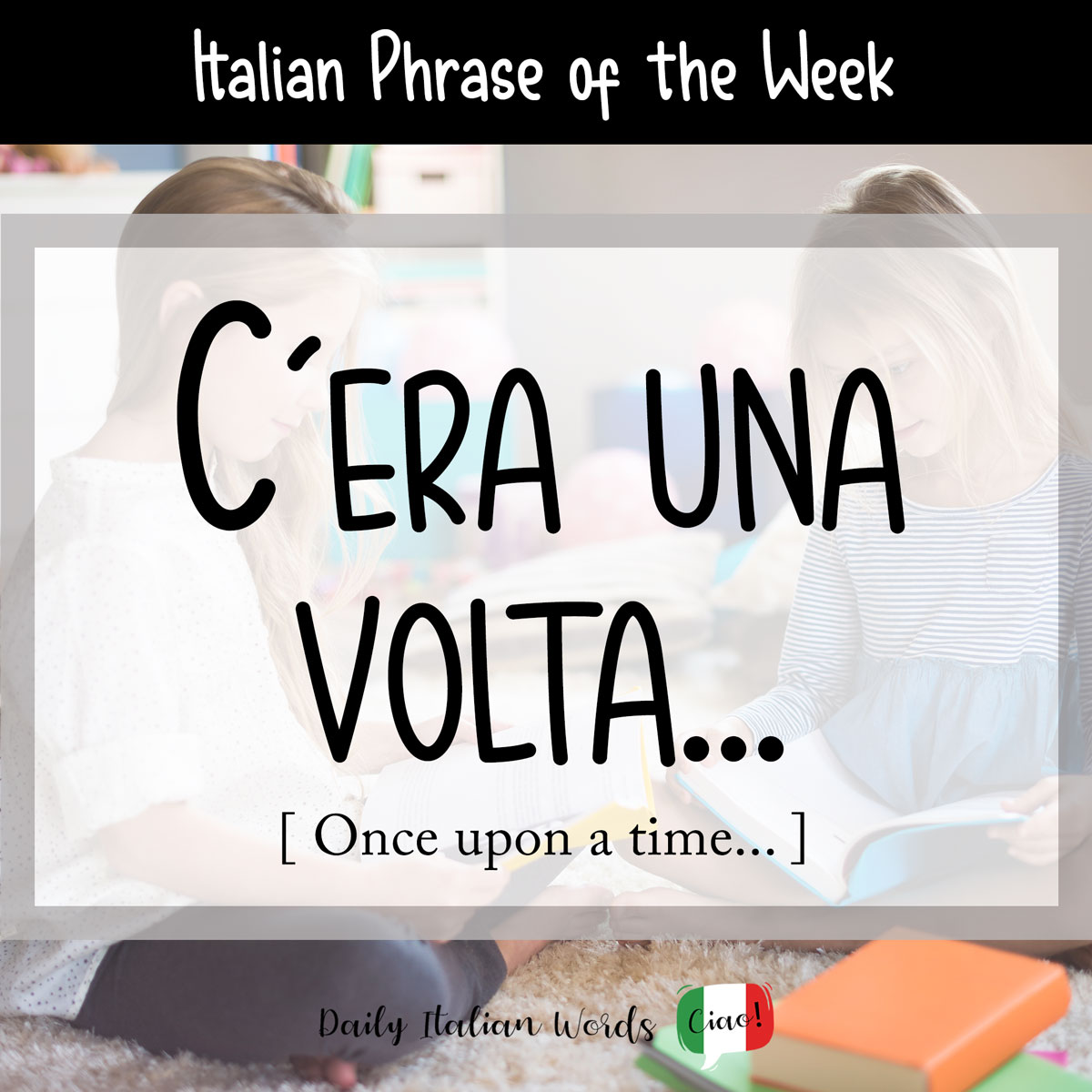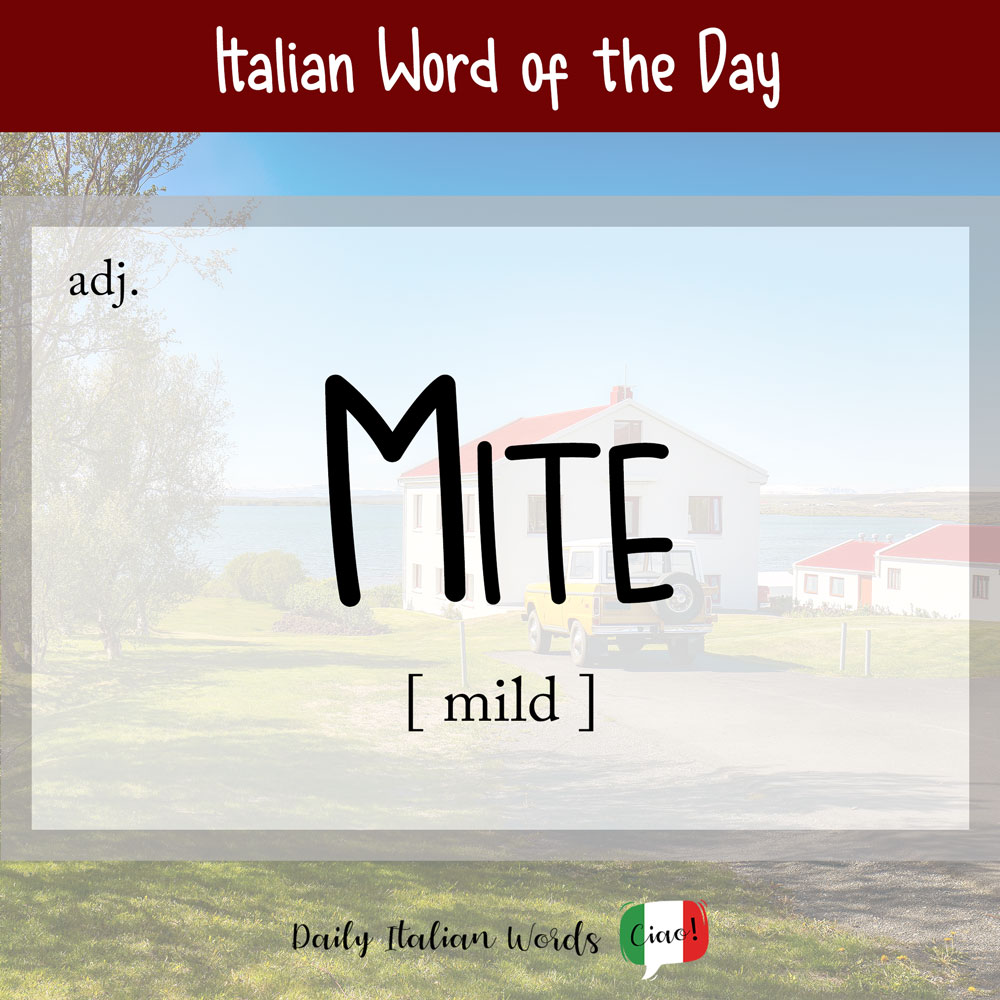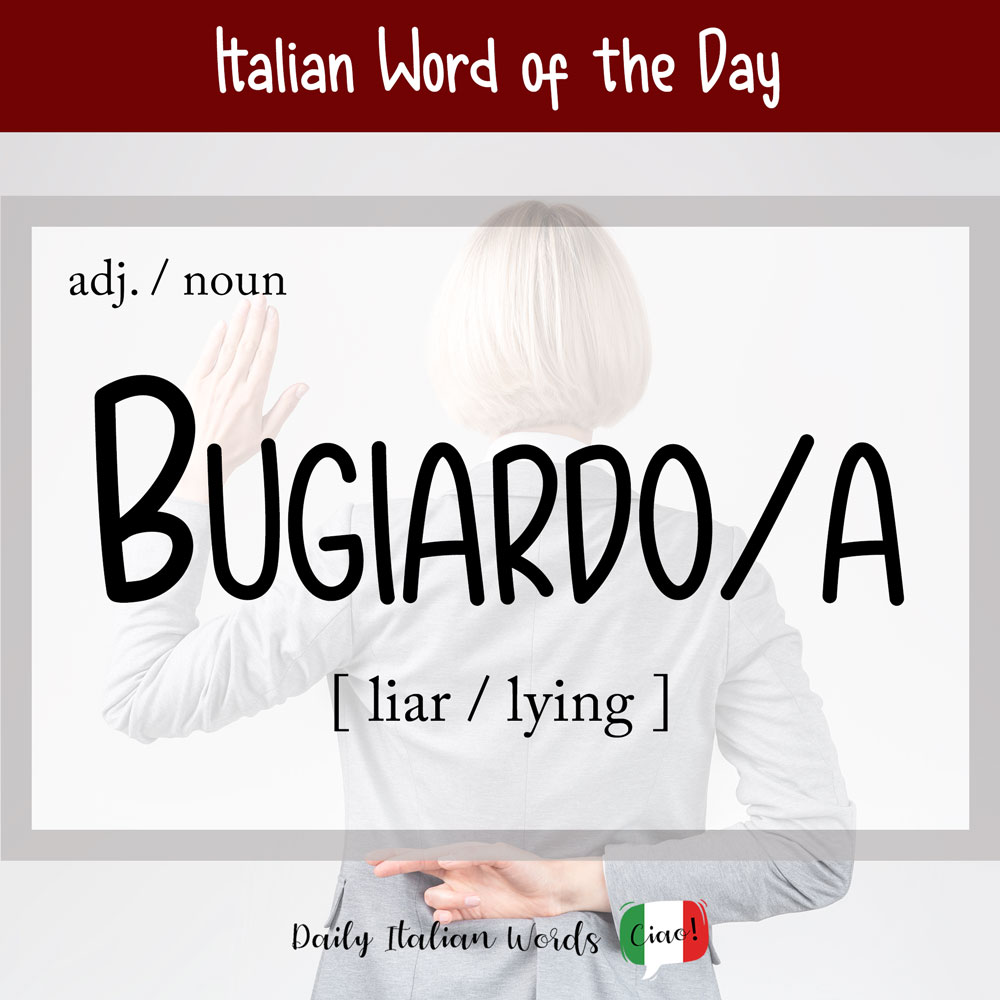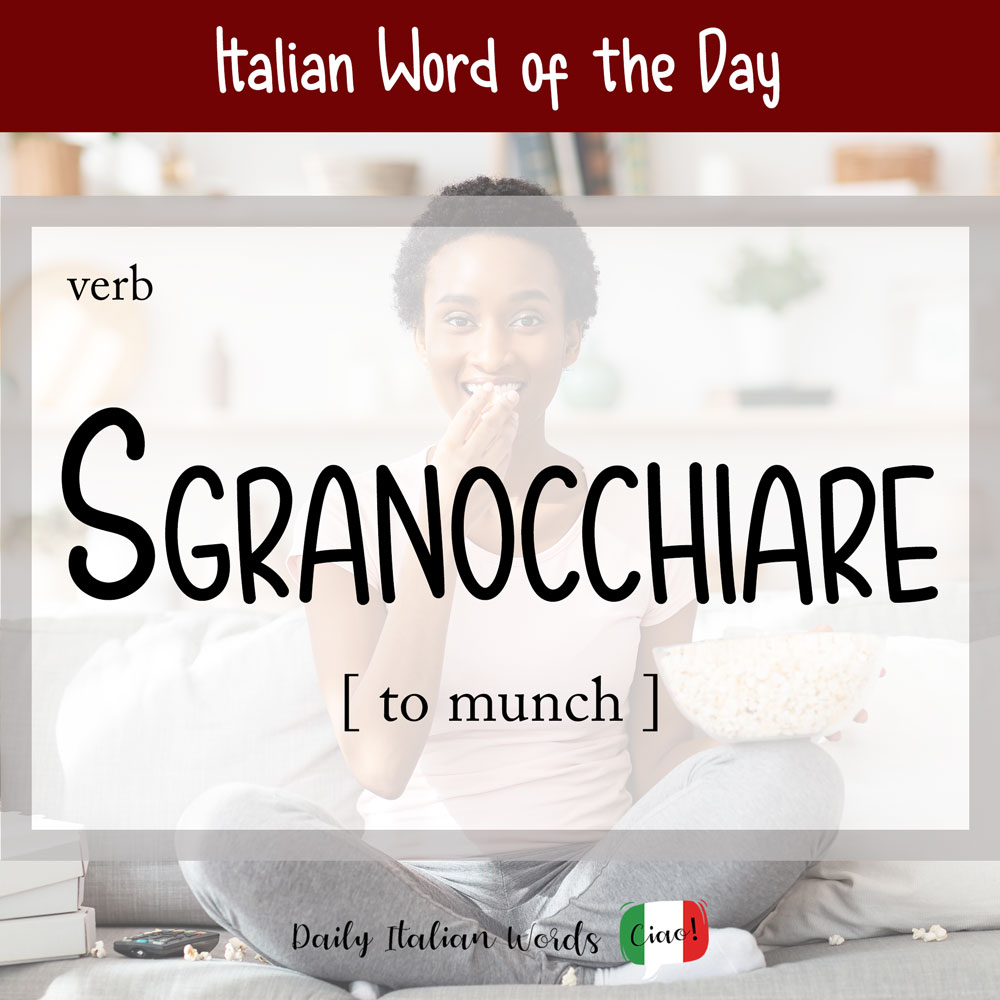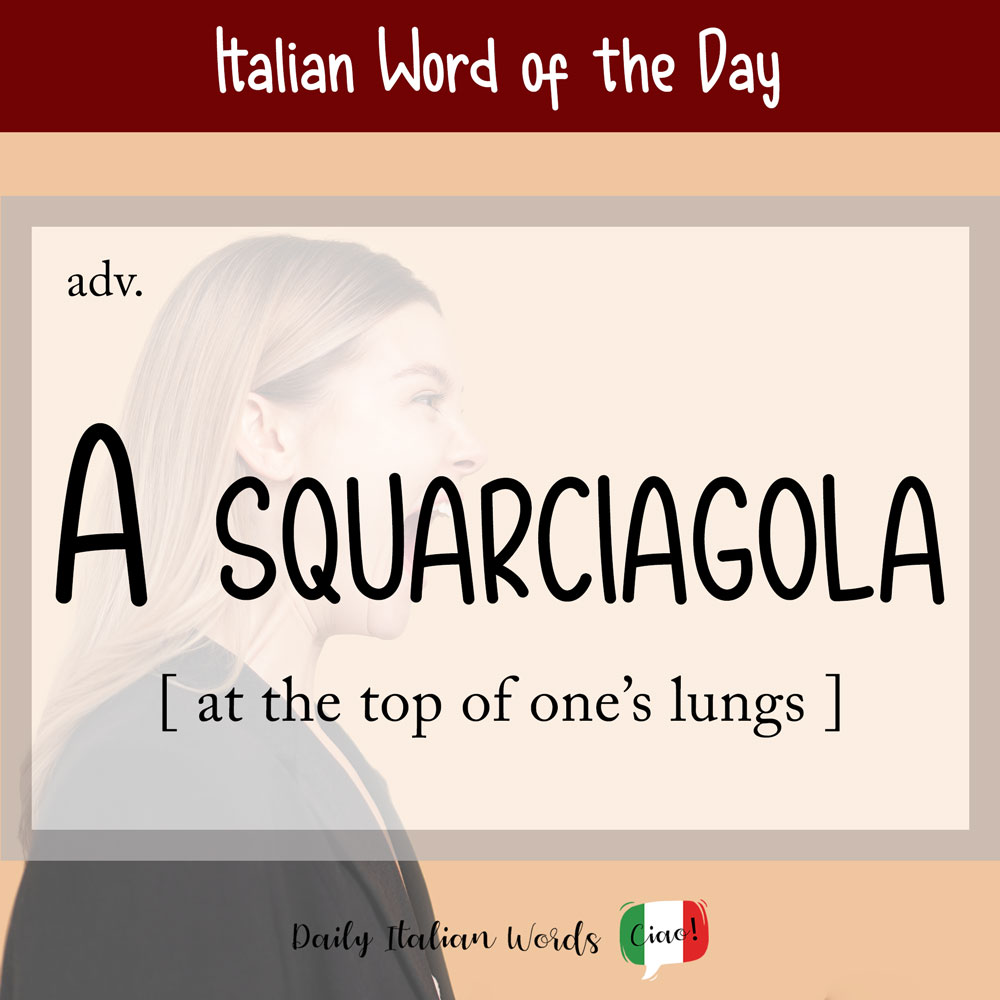Italian Phrase: C’era una volta (Once upon a time)
C’era una volta… (literally ‘there was a time‘) is a stock phrase in Italian used as an opening line to introduce a narrative of past events, typically in fairy tales for children. It is the equivalent of Once upon a time… in English. Let’s take a look at how this phrase breaks down into its …

